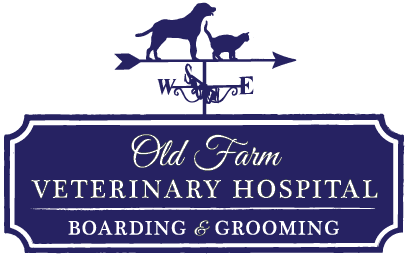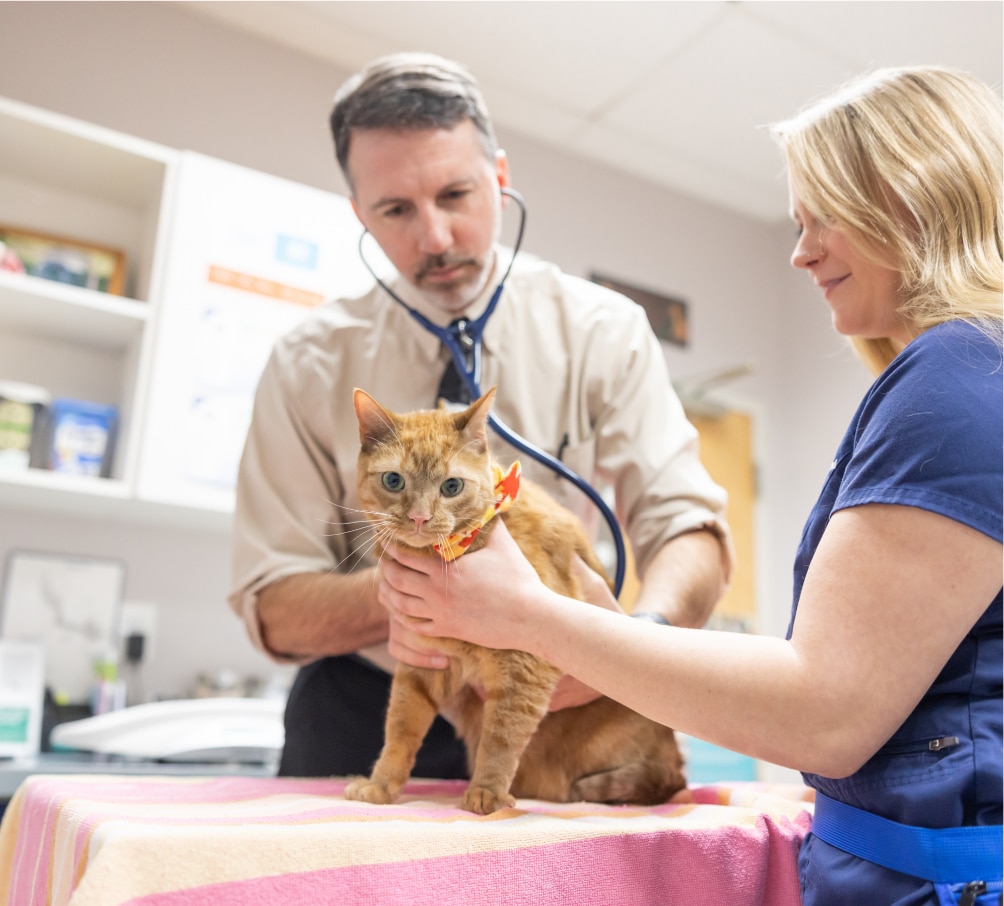You give your pet lots of love and attention, good food, plenty of exercise, and you never miss a veterinary appointment. But are you taking care of their teeth?
Like their owners, pets need to have a regular dental care routine to prevent gum disease. Left untreated, diseased gums allow bacteria to enter the bloodstream, which can cause issues with the heart, kidneys, and liver.
Unfortunately, oral health is often overlooked by even the most loving and attentive pet owners. Stay ahead of any potential problems by making these slight adjustments to your care routine:
Brush Daily
While a regular cleaning and polishing at the vet is critical, it is just as important to continue oral care at home with daily brushing.
Ideally, you would have started a brushing routine with your pet at a very young age, but if you adopted an older pet you can still develop a healthy habit. It may just take longer for your pet to adapt.
Start with a toothpaste formulated especially for cats or dogs. Do not use toothpaste made for humans, as it is meant to be spit out and could be harmful if swallowed by your furry friend.
Put a little of the toothpaste on your finger to let them sniff and taste. If they seem to like that flavor, proceed with the toothpaste. If they reject it, it is okay to just brush with water and try a different flavor next time.
Use a soft-bristled brush or a finger brush to clean the teeth. Use a circular motion, focusing on the outside of the teeth. Plan to spend about 30 seconds on each side of the mouth.
Be patient! If you have not already established a brushing routine, you may have to start by getting your pet accustomed to having their mouth touched. It will take some time, but it is well worth the perseverance.
Offer Appropriate Treats
There are many treats for cats and dogs that claim to be great for oral health and cleanliness.
While many of these could work, look for treats that have the Veterinary Oral Health Council (VOHC) seal. These products have been tested and proven to stop plaque and tartar, so you are sure to get an effective product.
You should also avoid hard treats such as cow hooves, pig ears, and real bones, as well as abrasive balls and toys. These things can wear down the tooth’s surface and cause irreparable damage.
Watch for Signs of Dental Disease
One of the most common signs of gum disease in your pet is bad breath. Some other signs to look out for are:
- Red, receding, or bleeding gums
- Drooling
- Loose or missing teeth
- Swelling
- Pawing at mouth
- Reluctance to eat or chew hard foods
If you notice any of these behaviors in your cat or dog, follow up with your veterinarian immediately.
Schedule Regular Check-Ups
Even with regular care, it is important that you do not skip any of your pet’s appointments. Your vet is highly trained to recognize problems in the early stages, saving your pet unnecessary discomfort and disease. A dental appointment will likely include a professional deep cleaning, as well as regular dental X-rays to keep an eye on the health of your pet’s teeth and gums.
Quality Dental Care for Your Pet in Frederick, MD
Regular dental checkups are essential in maintaining your pet’s oral, and overall, health. At Old Farm Veterinary Hospital, we offer professional tooth cleaning, extraction, oral assessments, and dental x-rays for cats and dogs in Frederick and surrounding areas. Our expert staff are all pet owners themselves, and will treat your pet as one of their own. Schedule your appointment today!



